Stick to agreement or lose support: Irish party tells UK PM
British Prime Minister Theresa May faced more pressure over her controversial Brexit deal on Tuesday after the Democratic Unionist Party (DUP) of Northern Ireland failed to vote by abstaining on the government’s budget votes.
The parliamentary move, which came on Monday, has widely been interpreted as a warning shot to Downing Street with the DUP having previously indicating support for May’s budget measure and financial bill.
May almost failed to secure a majority at the last general election, and was only saved by the 10 DUP MPs who agreed to vote for May’s government in return for concessions and support from May’s cabinet.
The DUP and its leader Arlene Foster have previously suggested that her party would vote down May’s Brexit plan, which she managed to secure last week after two years of negotiations with the European Union.
The DUP argues that May’s plan of the so-called backstop, which could create a hard border in the Irish Sea, would be unacceptable, as would any deal which would see Northern Ireland treated any differently than the rest of the United Kingdom.
While Foster and the DUP are against any kind of border in Ireland, including one between Northern Ireland and the EU state Ireland, they also support Brexit, but the question over EU’s customs union and Northern Ireland’s limited access has always been a threat to Brexit negotiations as it has weakened May’s ability to reach any agreement which satisfy’s all sides including the EU.
Now, off the back of Theresa May who is temporarily fending off a potential vote of n confidence by leading Brexiteers, the DUP have suggested that their support for Theresa May is limited.
“We had to do something to show our displeasure,” said a DUP spokesman while speaking about the party’s refusal to vote with May’s government on budget.
The Labour Party also reacted to the message sent to May by the DUP, hinting that the DUP withdrawing their support for Theresa May’s budget measure reforms showed that the government was in disarray.
“We no longer have a functioning government. With Brexit only a few months away something has got to give,” said Jon Trickett, who acts as shadow cabinet office minister.
Hamas urges mediators to curb Israel’s violations of Gaza ceasefire
Islamic Revolution anniv. rallies to span 1,400 cities, draw 7,700 media personnel: Official
Latifa Abouchakra briefly arrested by Midlands Police
Iran advises US to act independently of ‘destructive’ Israeli influence amid nuclear talks in Oman
VIDEO | 'Not in my name': Pro-Palestinian rally held in Sydney against Israeli president's visit
VIDEO | Spain railway strike: Unions call for increased safety after deadly train crashes
Threats will be met with ‘more forceful and wider’ response: Iran’s armed forces
Without trust-building, talks with US will be futile: Iranian diplomat


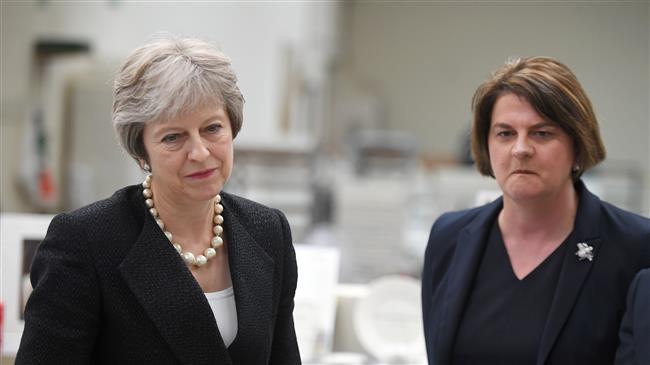


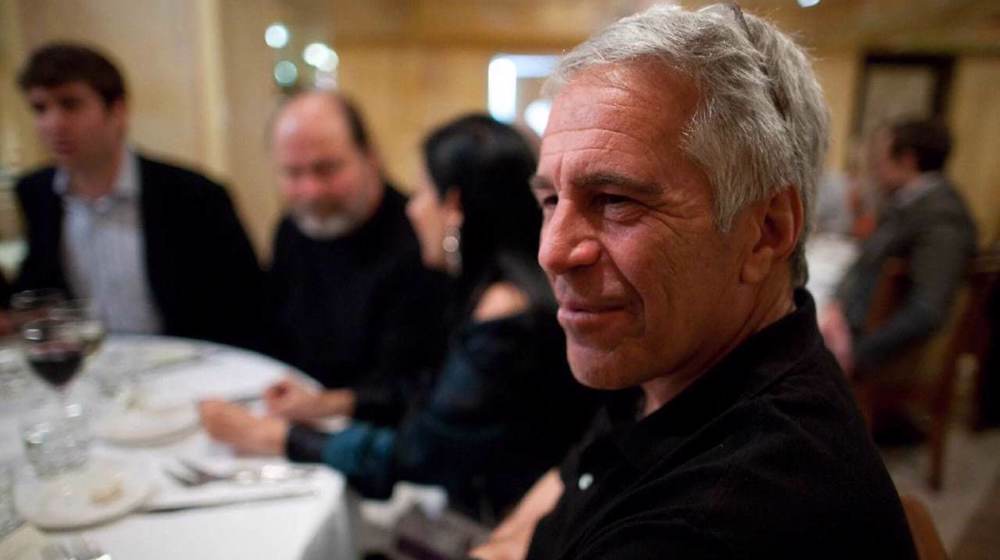




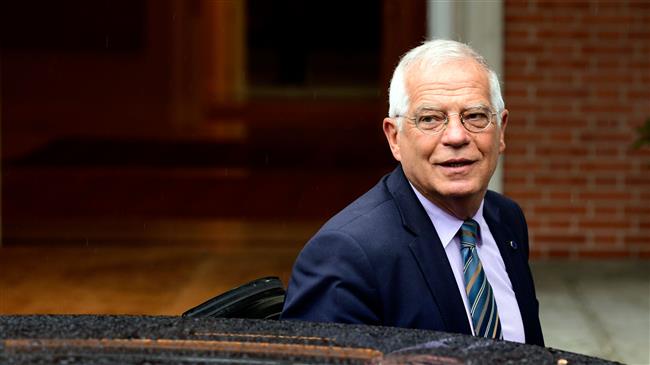
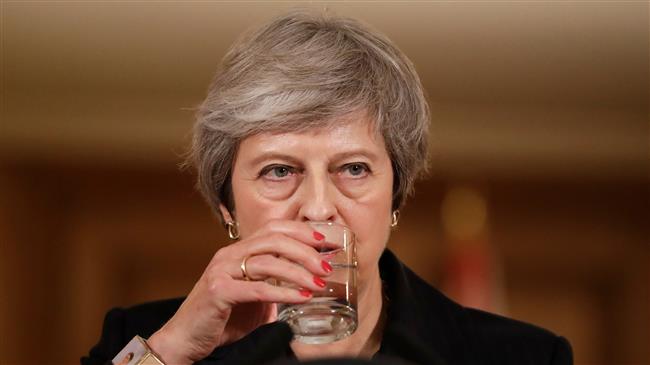
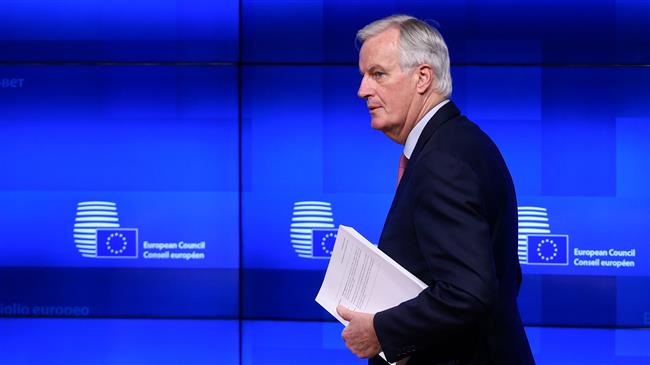

 This makes it easy to access the Press TV website
This makes it easy to access the Press TV website